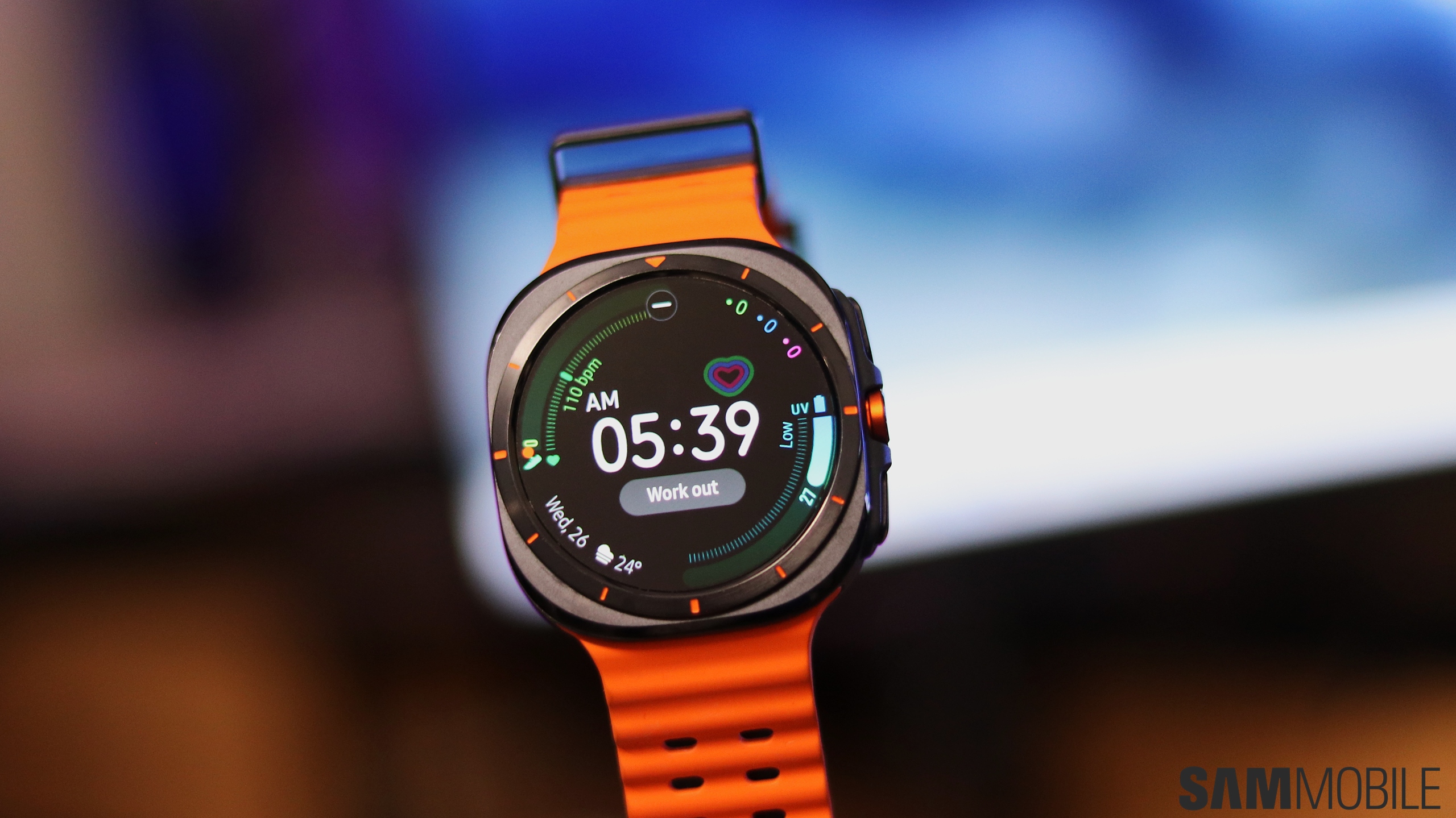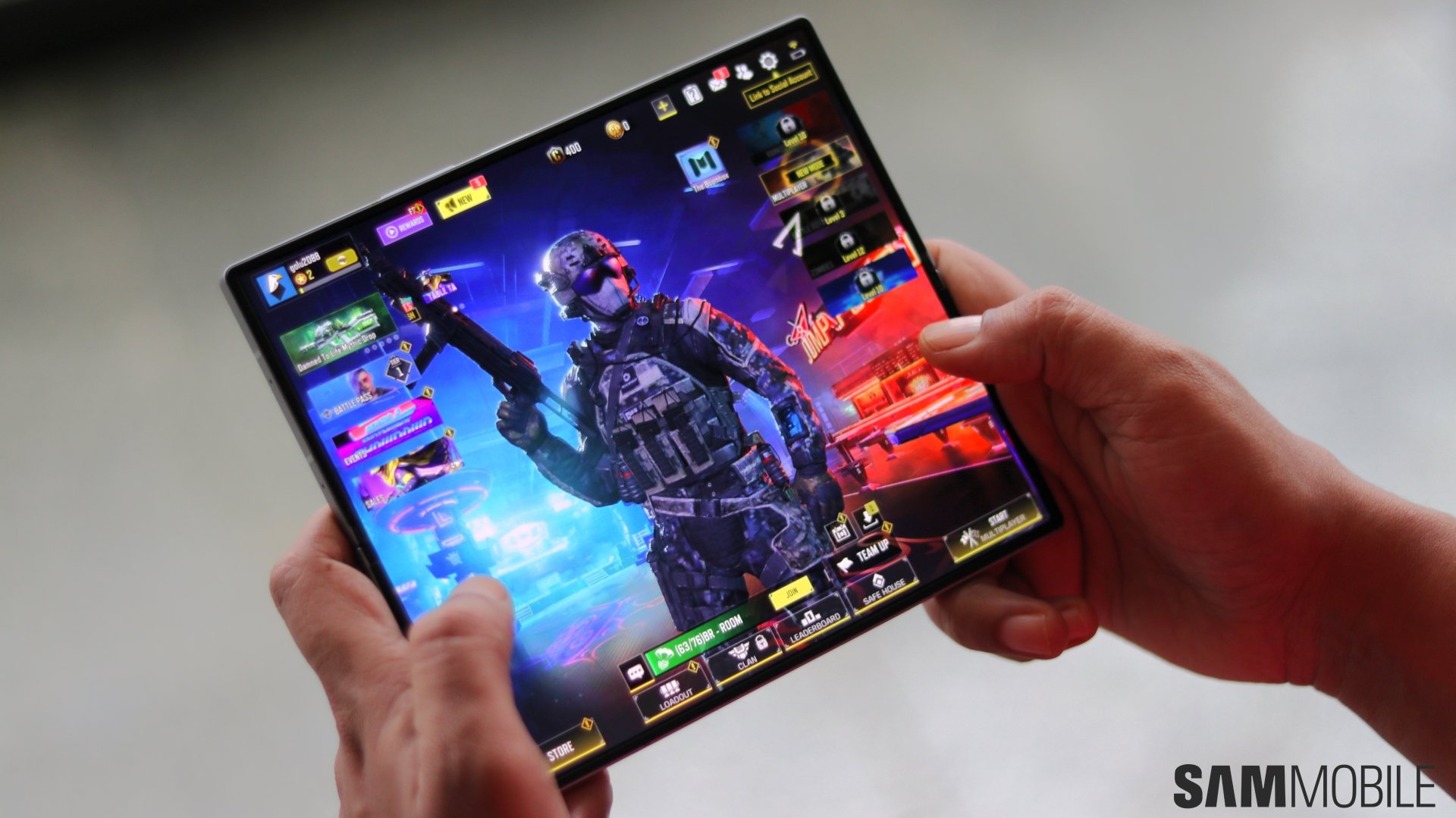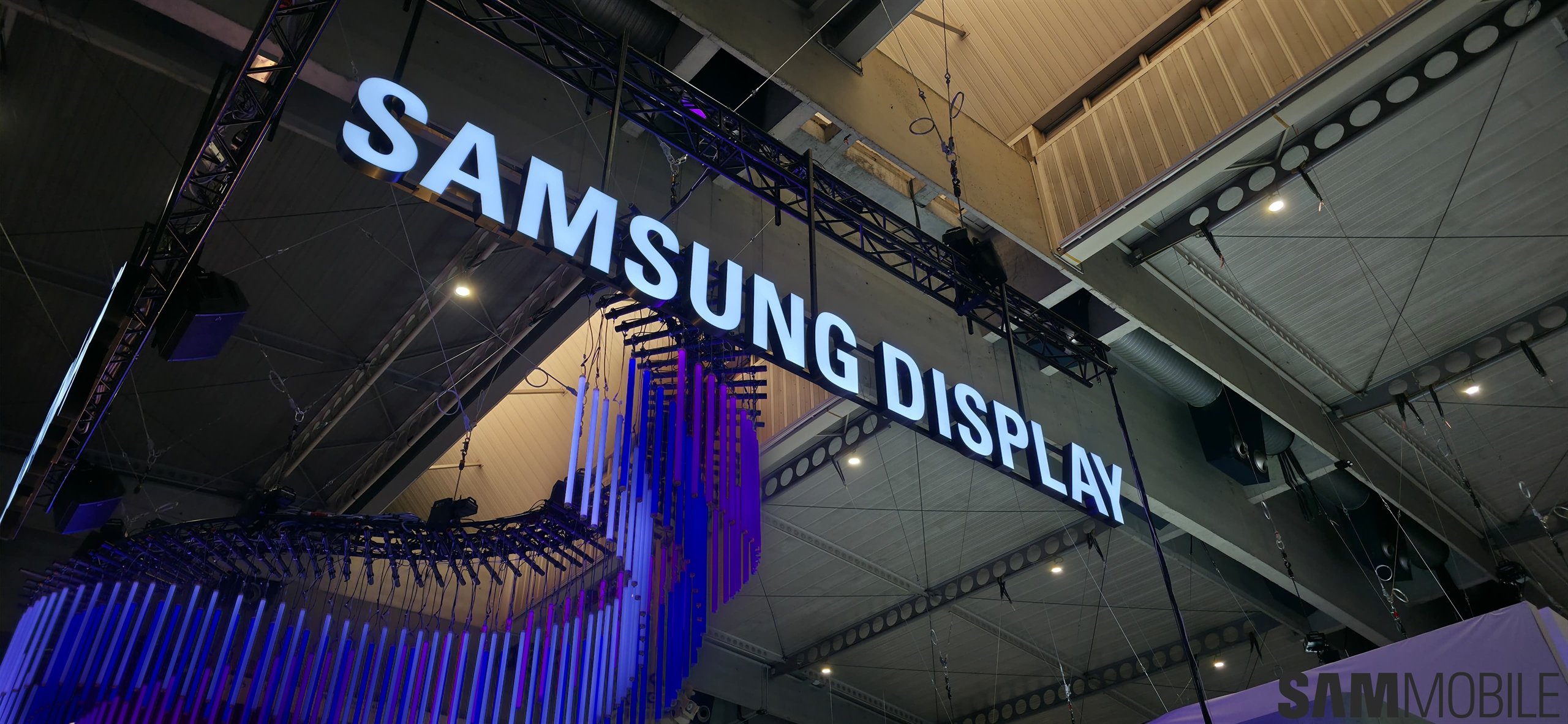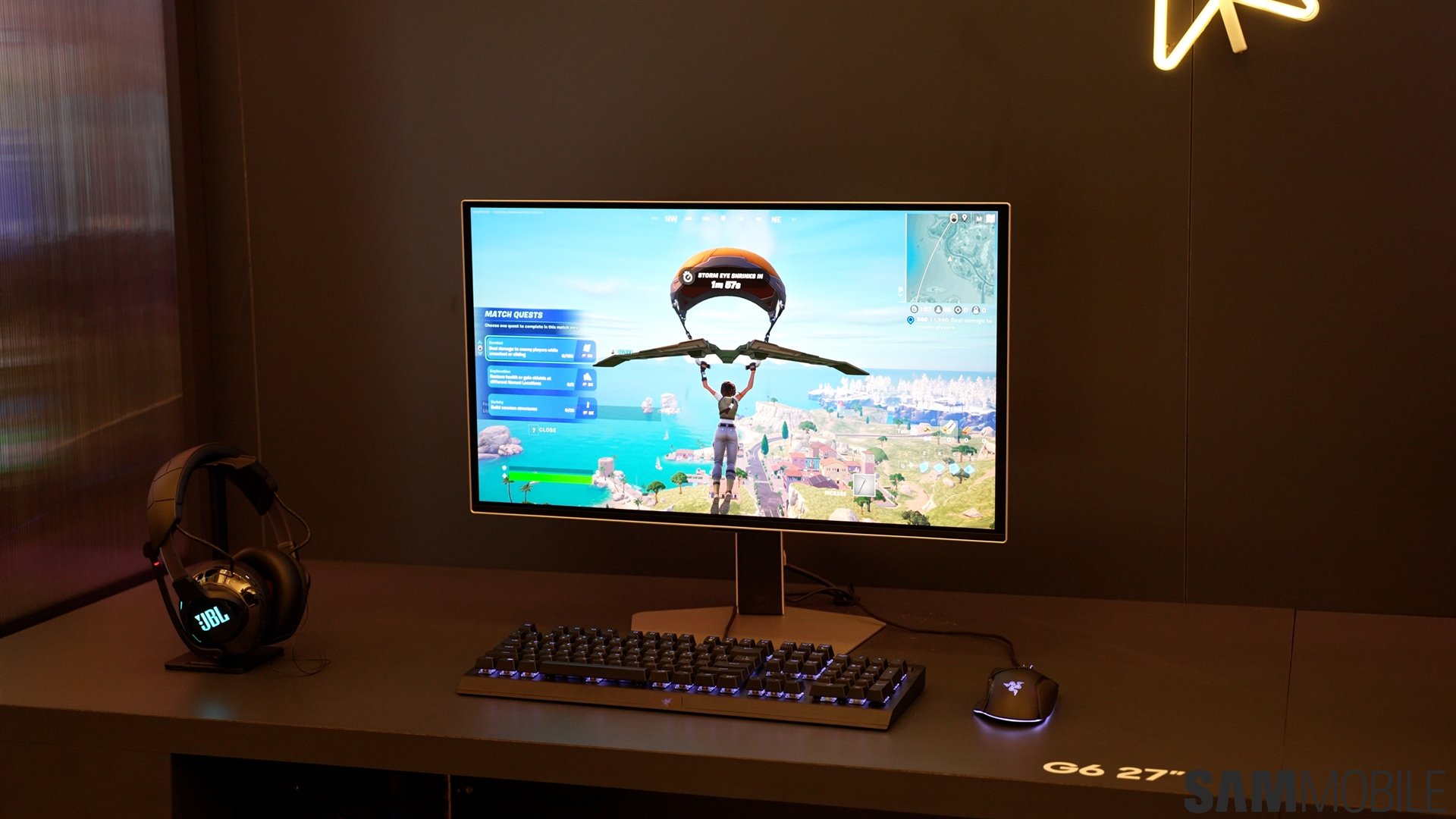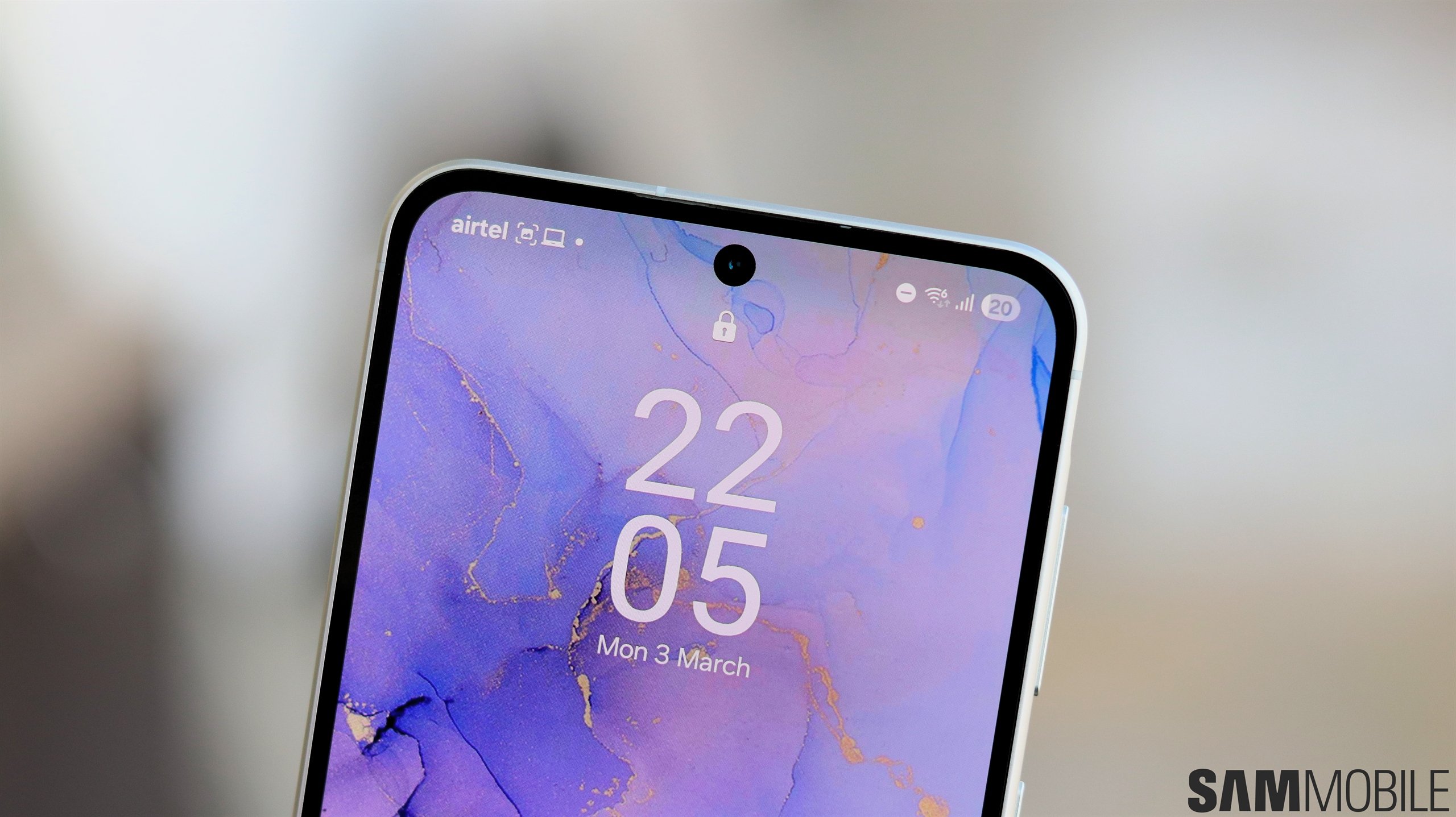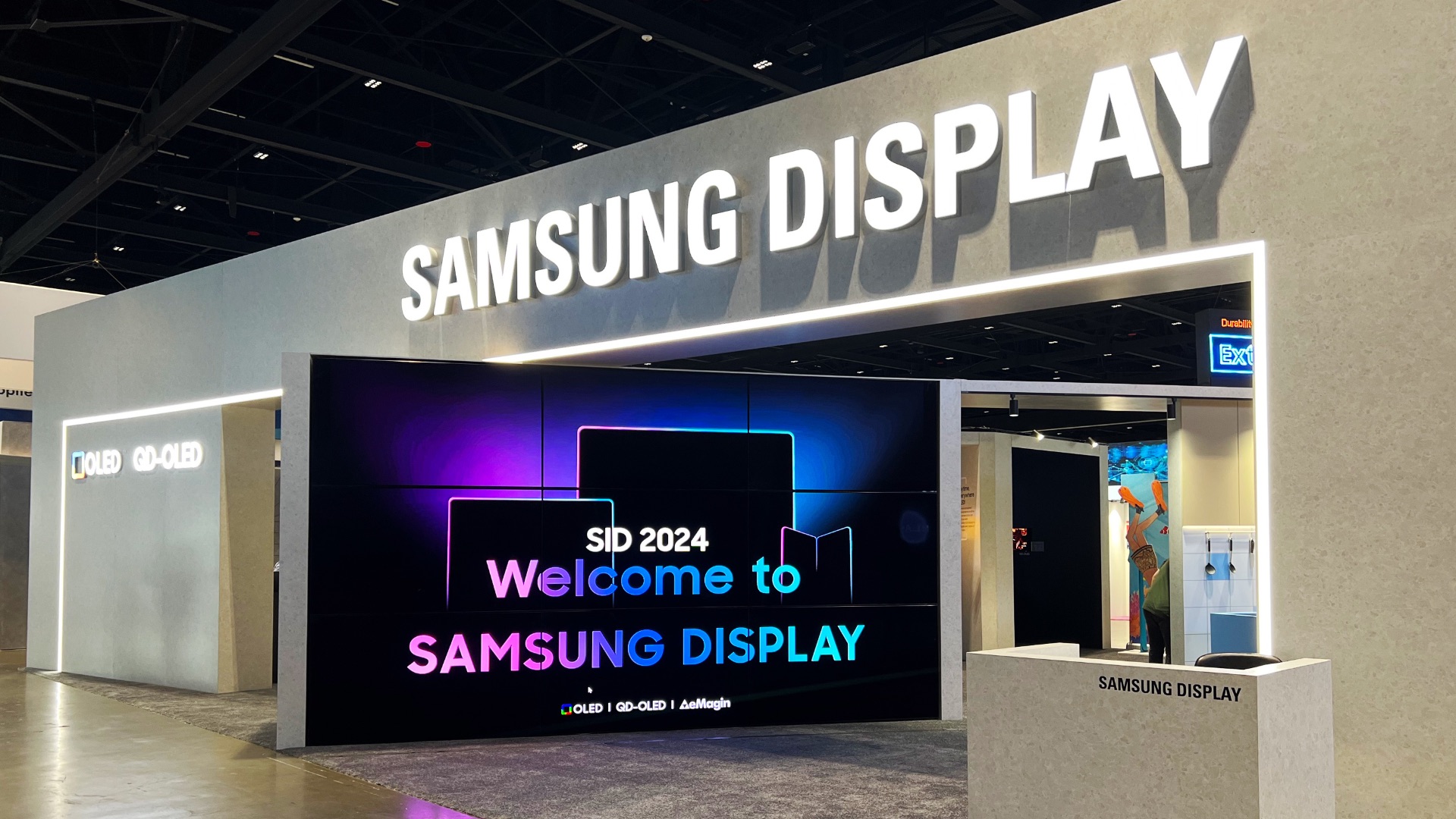
A common practice in supply chain management is to work with a large number of suppliers to bring the overall cost down. It's not possible for Apple to do that in the OLED supply chain due to fewer options so it can't drive down the price as much, and that's said to be one of the reasons why it has delayed the OLED MacBook Air release.
Samsung Display expected to be the sole supplier of OLED panels
The company is expected to launch the MacBook Pro with OLED display in 2026 and follow that up with an OLED MacBook Air the next year. However, it's now believed that the latter will be delayed. Reports out of South Korea suggest that the development of the required parts has been pushed back so the delay is inevitable now.
OLED panels are more expensive than LCD and Apple has reportedly seen with the sales performance of the OLED iPad Pros this year that simply offering OLED panels isn't enough of an incentive for customers. Analysts were previously expecting up to 10 million units shipped for the OLED iPad Pros but have since revised their estimates to 6-7 million units. Samsung Display and LG Display both supply the OLED panels for the tablet.
Apple is believed to have expressed its wish to these panel makers for lower costs on the OLED panels for the MacBook Air but they have not agreed. The company would have a greater chance of driving down the price if there were more players in the market but that's not possible. As it stands, Samsung Display is reportedly going to be the sole supplier of OLED panels for the MacBook Air.
That obviously gives Samsung a major pricing advantage and it's most certainly going to capitalize on that. Apple would obviously not be keen on giving Samsung more money for these panels, that coupled with what the consumer insights from the OLED iPad Pros, the decision has likely been taken to delay the Air until the dynamics are more in Cupertino's favor.


